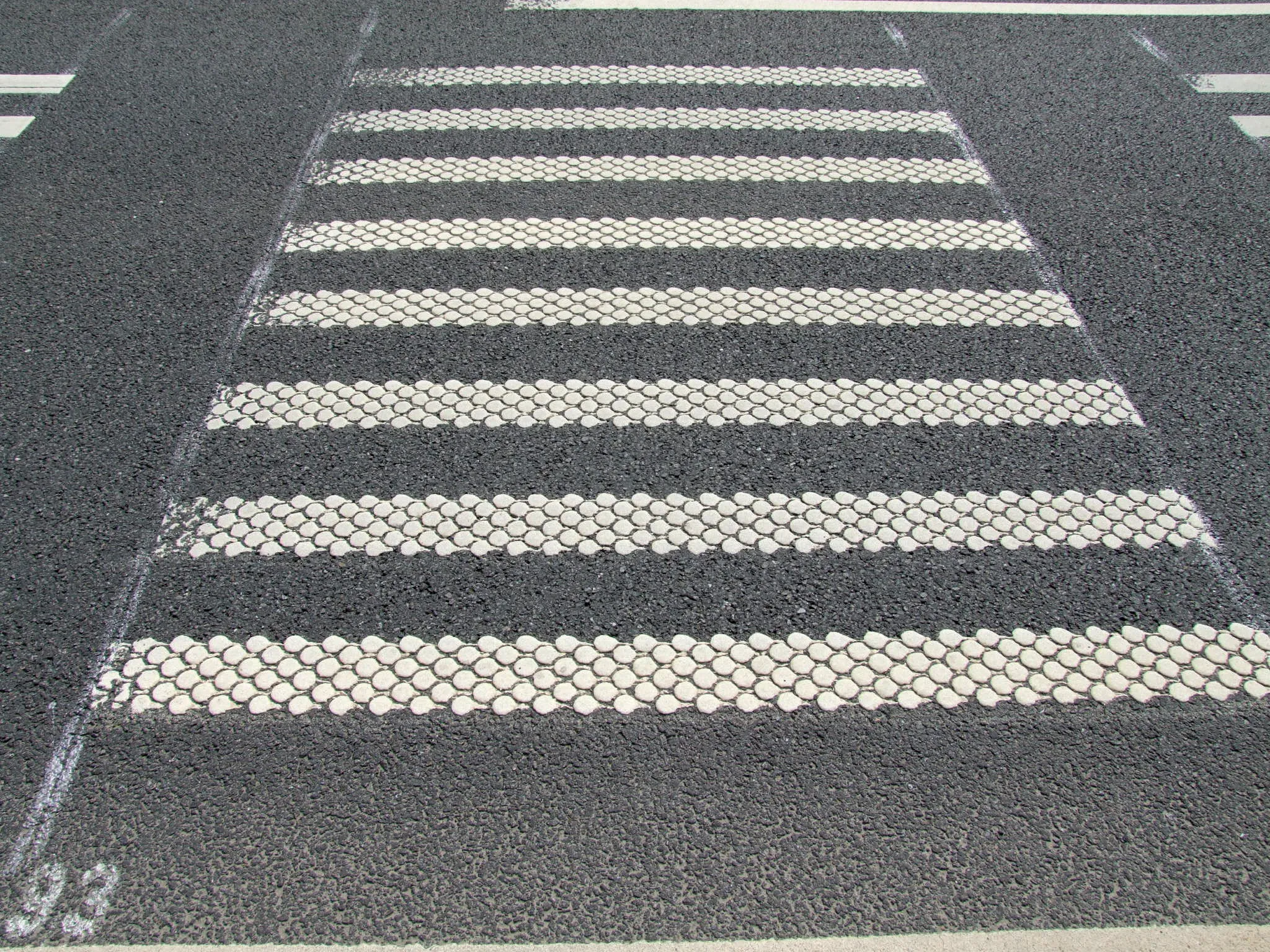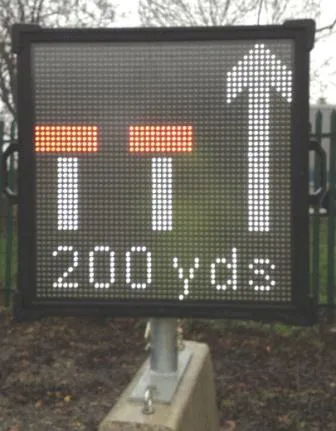Local authorities in Canada are taking advantage of the latest technology to cut street lighting bills using optimisation systems. This helps reduce energy costs, extend the life of lighting and cut greenhouse gas emissions. Canadian firm Streetlight Intelligence says it is seeing increasing take up of its low energy lighting solution following its National Demonstration Programme for its Lumen IQ street light optimisation technology with cities and utility firms across Canada.
February 7, 2012
Read time: 2 mins

Local authorities in Canada are taking advantage of the latest technology to cut street lighting bills using optimisation systems. This helps reduce energy costs, extend the life of lighting and cut greenhouse gas emissions. Canadian firm 2367 Streetlight Intelligence says it is seeing increasing take up of its low energy lighting solution following its National Demonstration Programme for its Lumen IQ street light optimisation technology with cities and utility firms across Canada. Demonstration kits have been assembled and shipped to 28 municipalities across Canada to date according to the firm. The municipalities have committed themselves to 2-3 month field trials to familiarise themselves with the Lumen IQ technology and experiment with its energy saving, performance monitoring and reporting capabilities. There is an estimated 6.5 million street lights in Canada, offering a potential for substantial energy savings. So far 14 field trials have been completed, and six cities and two utility companies are already reviewing the possibility for larger scale installation.









